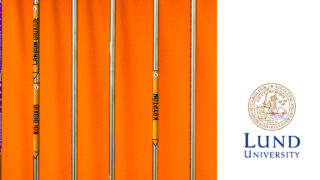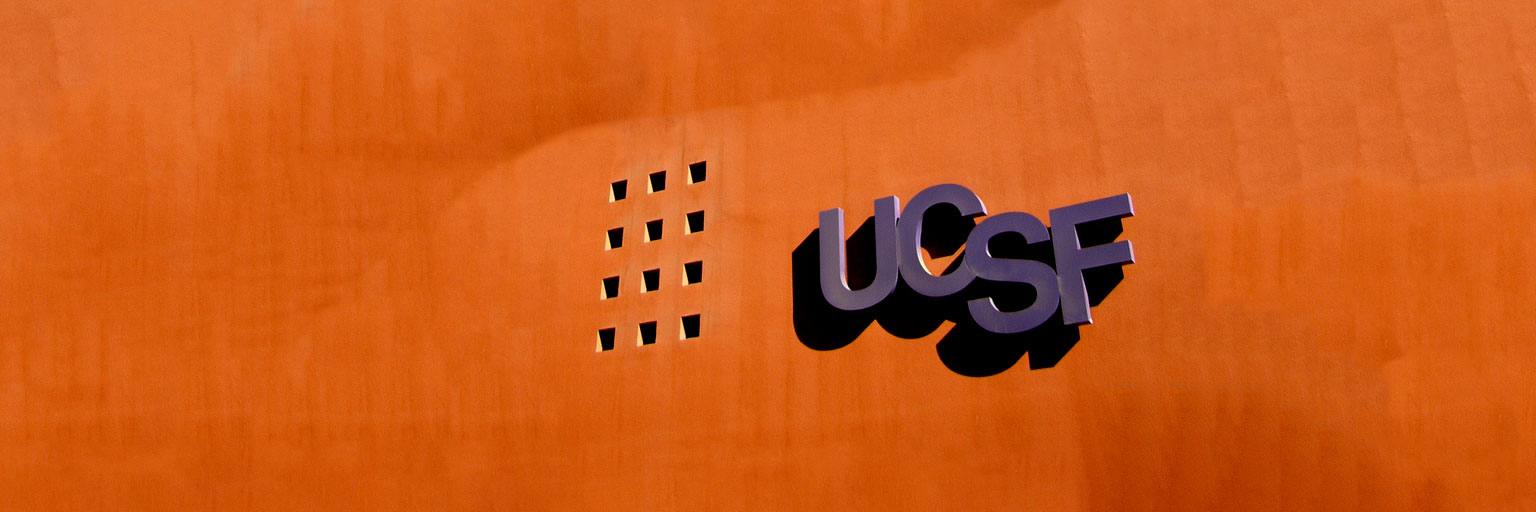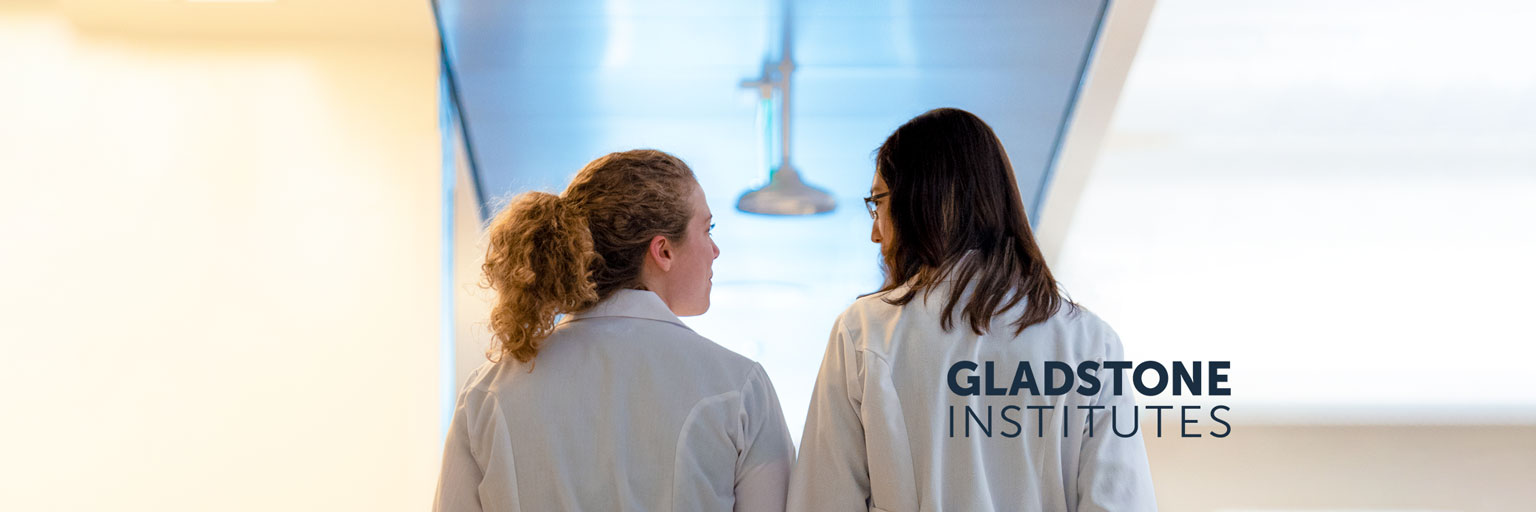
Uppsala University
Enhancing drug discovery with cellular intelligence
Supported by PHI, scientists at Uppsala University apply state of the art artificial intelligence on its very source of inspiration — cell biology.

Modern artificial intelligence is based on computer models of interconnected brain cells, trained by a large number of example tasks. Each time the “brain cells” solves an example task incorrectly, the partial answer from each cell is adjusted to give a more correct answer when the cell network is asked to solve the same task again. This learning process is repeated until the brain cell model correctly solves all the tasks it has been given.
Headed by Associate Professor Ola Spjuth, scientists with the Department of Pharmaceutical Bioinformatics employ information-rich imaging techniques to develop methods, algorithms and software to model pharmaceutical interactions at cell-level. A key goal of the partnership is to understand how artificial intelligence (AI) and machine learning can contribute to the drug discovery process in a robotized high-content imaging setting.

PHI’s holographic microscopy technology enables us to perform label-free cellular process monitoring, and our objective is to make use of these images in AI modeling to replace some of our current assays based on fluorescence.
Ass. Prof. Ola Spjuth
Department of Pharmaceutical Bioinformatics, Uppsala University






